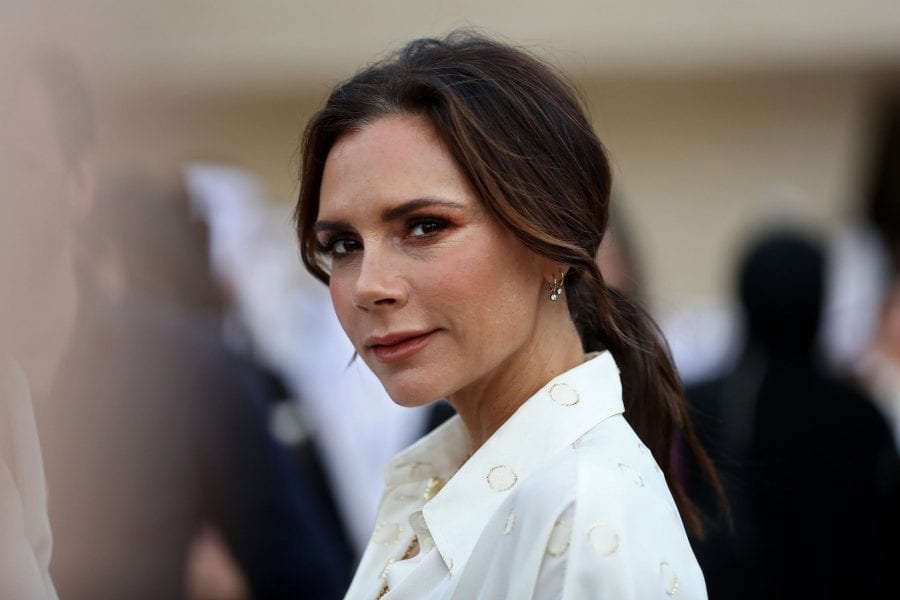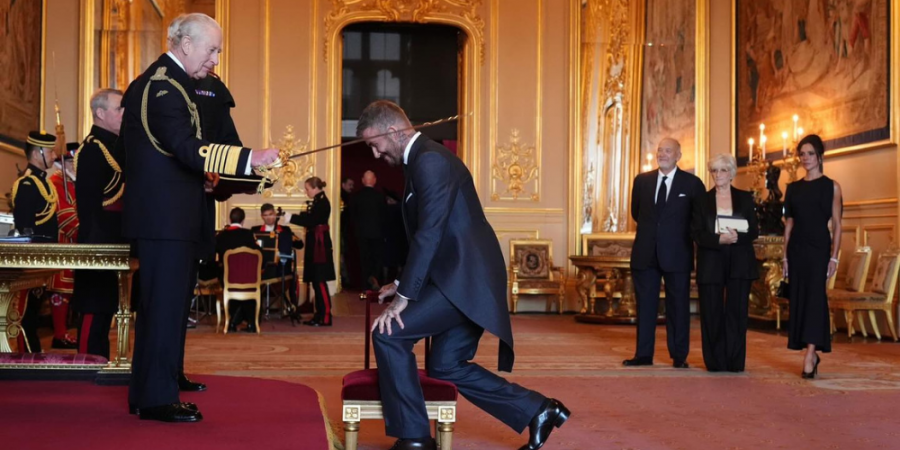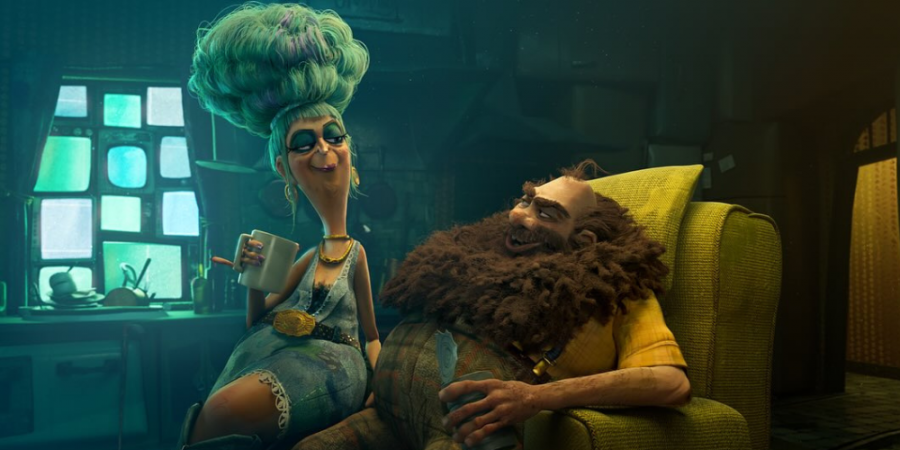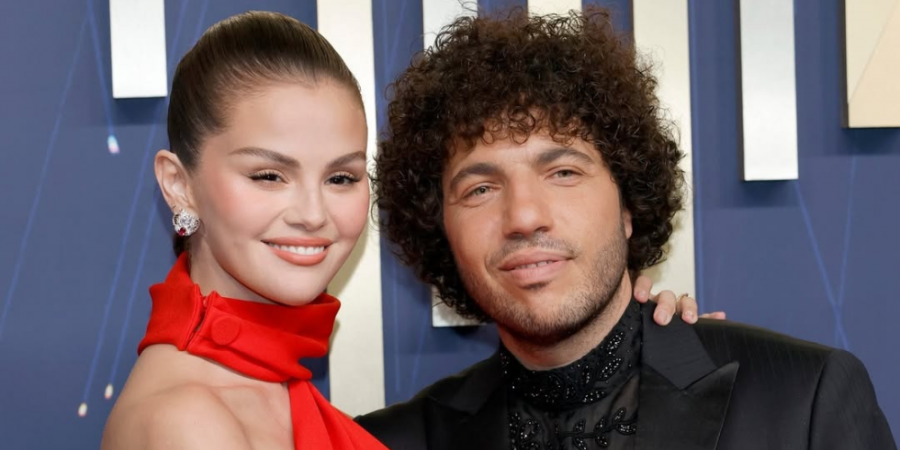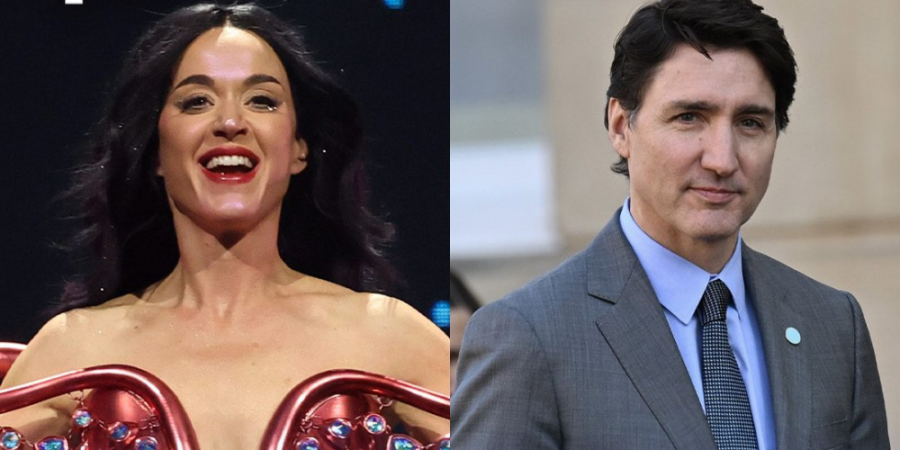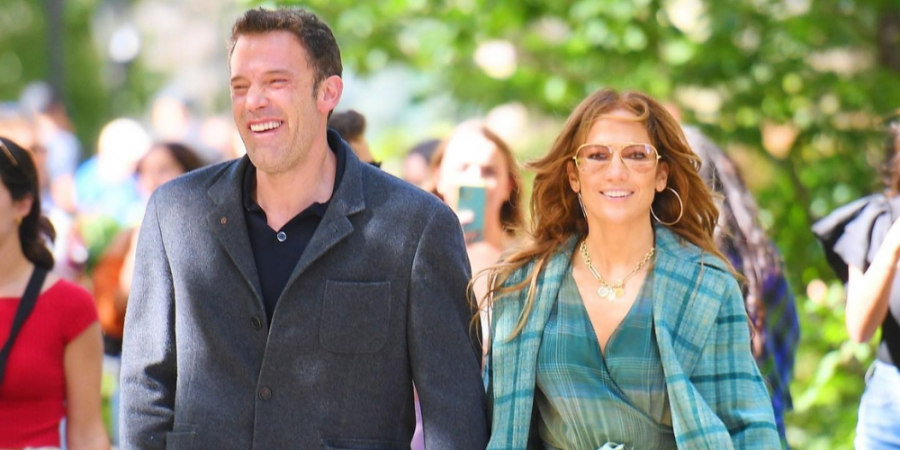The world of artificial intelligence (AI) is rife with ambition, innovation, and simmering tensions. At the center of this complex landscape stands a legal battle with far-reaching implications: Elon Musk, the visionary entrepreneur behind Tesla, SpaceX, and X, has now sued OpenAI, the non-profit he co-founded. He is now accusing it of abandoning its original mission in favor of financial gain.
This lawsuit isn’t just a corporate spat; it raises crucial questions about the ethical implications of AI development, the potential dangers of unchecked power, and the responsibility corporations have towards the future of humanity.
From Open Source to Profit Motive
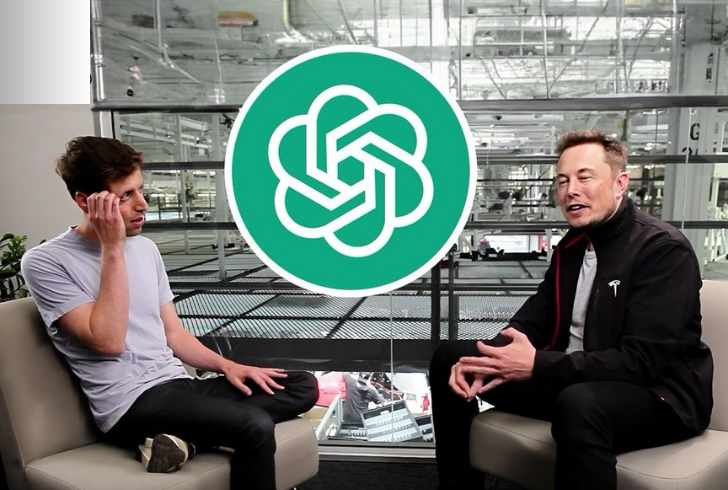
Instagram | thekingzletter | Musk claims that OpenAI has deviated from its original non-profit mission.
OpenAI burst onto the scene in 2015, promising to democratize AI by making its research and technology openly accessible. The organization, co-founded by Musk and other prominent figures, aimed to safeguard humanity from the potential pitfalls of advanced AI by fostering transparency and collaboration. They envisioned a future where AI served as a force for good, not a potential threat.
However, Musk’s lawsuit paints a different picture. He alleges that OpenAI strayed from its initial non-profit path, embracing a profit-driven model heavily influenced by its partnership with Microsoft. This partnership, according to the lawsuit, resulted in the development of powerful AI models like GPT-4, which are essentially exclusive to Microsoft, raising concerns about the accessibility and transparency promised by OpenAI.
A Clash of Visions
The legal battle is just one facet of a much larger narrative. Musk’s concerns highlight a fundamental difference in perspectives regarding the development of AI. While some, like OpenAI’s leadership, see collaboration with established companies as a way to accelerate progress and ensure responsible development, others, like Musk, believe in a more cautious, open-source approach that prioritizes transparency and safeguards against the potential misuse of this powerful technology.
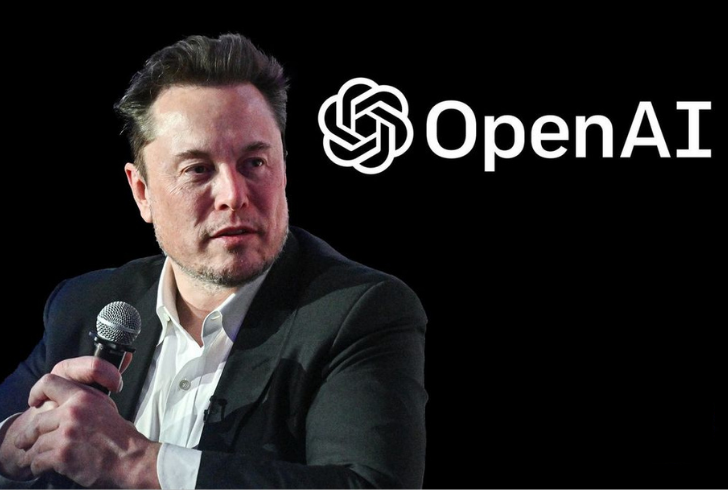
Instagram | igndotcom | Musk’s situation might push OpenAI back to its nonprofit beginnings.
Humanity’s Future in the Balance
The outcome of this lawsuit could have a profound impact on the trajectory of AI development. If successful, Musk’s case could force OpenAI to return to its original non-profit roots, potentially leading to a more collaborative and open-source approach to AI research. Alternatively, if OpenAI prevails, it could solidify the current model of corporate partnerships and potentially accelerate the commercialization of AI, raising concerns about accessibility and potential misuse.
This legal battle transcends the courtroom, serving as a microcosm of the broader conversation about the future of AI. It compels us to consider the ethical implications of this technology, the potential dangers of unchecked corporate power, and the role individuals like Elon Musk can play in shaping the future. Ultimately, the outcome of this lawsuit could influence how AI evolves and impacts societies across the globe.
Beyond the Headlines
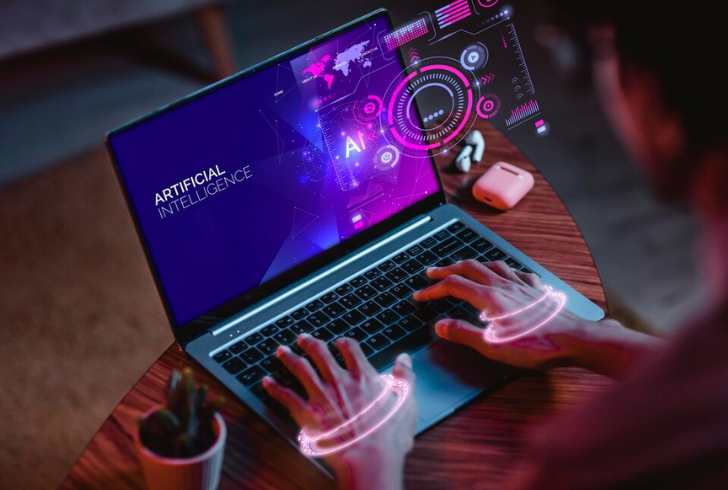
Freepik | As the lawsuit and key players grab attention, it’s vital to recognize the wider AI development landscape at play.
While the lawsuit and its central figures take center stage, it’s crucial to acknowledge the broader ecosystem driving AI development. Many smaller companies and research institutions are actively contributing to the field, each with their own unique approach and goals. This diverse landscape underscores the complexity of the issue and the need for diverse perspectives to ensure responsible and ethical AI development.
Furthermore, it’s important to remember that AI is still in its early stages. While the potential dangers outlined by Musk are valid, it’s equally important to acknowledge the opportunities AI presents for solving complex problems, improving lives, and advancing humanity. Responsible development and open communication are key to ensuring that AI becomes a force for good, not a source of existential threat.
The battle between Elon Musk and OpenAI is far from over. As the lawsuit unfolds, it’s crucial to stay informed, engage in critical dialogue, and actively participate in shaping the future of AI. Only through open discussion, collaboration, and a commitment to ethical development can we ensure that AI serves humanity for generations to come.


